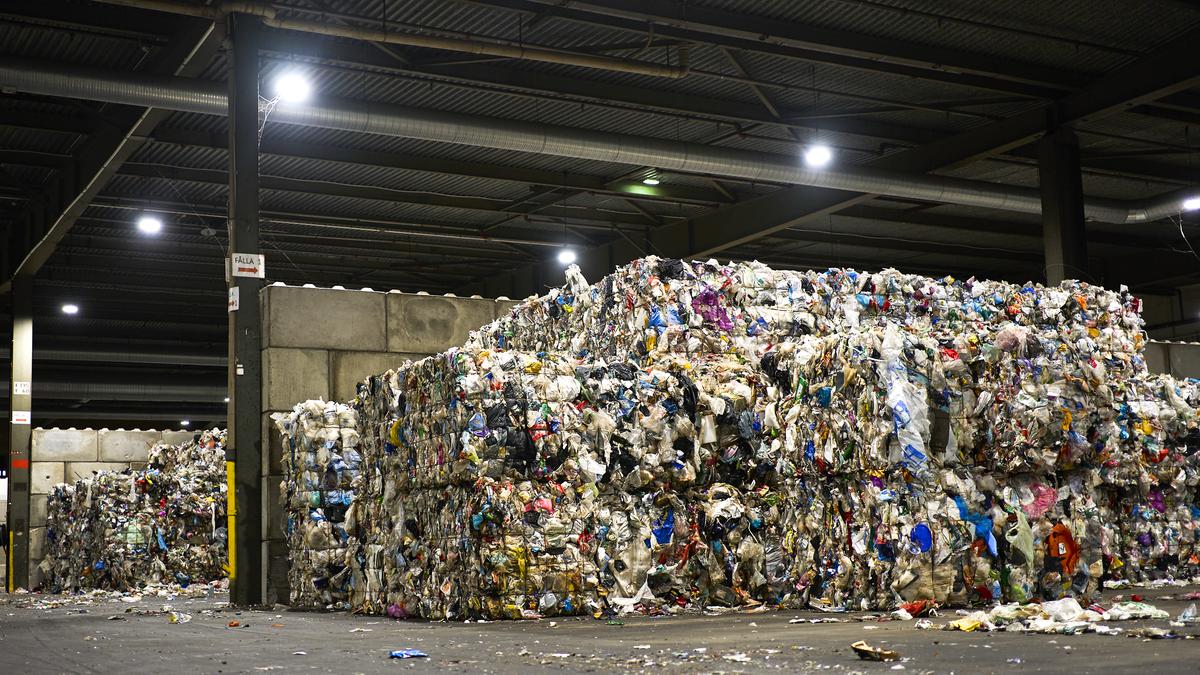
At talks on cutting plastic pollution, plastic credits are on the table. What are they?
The Hindu
Two groups that want reduced plastics production published a report highly critical of plastic credits, calling them a flawed tool that won’t help with worldwide pollution from the material
Two groups that want reduced plastics production published a report Friday highly critical of plastic credits, calling them a flawed tool that won't help with worldwide pollution from the material.
The groups — Break Free From Plastic and the Global Alliance for Incinerator Alternatives — said the credits often amount to corporate greenwashing. They issued their report in Nairobi on the sidelines of United Nations-led negotiations for a treaty aimed at cutting plastics pollution.
They analyzed publicly available databases of two prominent proponents of plastic offsetting, the accreditor Verra and the Plastic Credit Exchange marketplace. Their report cited “serious flaws” in financing, transparency and basic auditing, and said credits being issued for plastic incinerated in cement kilns were substituting one form of pollution for another.
Verra, the world's leading certifier of carbon offsets, said at an event alongside the talks alongside the talks that plastic credits can be a tool for mobilizing the money needed to tackle plastic pollution.
“The finance associated with the treaty is near as important as its ambition,” Kristen Linscott, senior program officer for plastics policy and markets at Verra, said in a presentation. “Without the proper funding mechanisms and tools, even the most ambitious treaty won’t deliver its promised impact.”
Plastic credits, sometimes called offsets, work a bit like the carbon credits that many fossil fuel companies have purchased to try to offset their greenhouse gas emissions. The concept involves companies or people paying for a specified weight of plastic to be collected somewhere in the world, generating a credit that justifies their production or use of the equivalent amount of plastic.
Nina Kelsey, associate professor of public policy and international affairs at George Washington University, said it's tough for some companies to accept producing less plastic from their factories.





















 Run 3 Space | Play Space Running Game
Run 3 Space | Play Space Running Game Traffic Jam 3D | Online Racing Game
Traffic Jam 3D | Online Racing Game Duck Hunt | Play Old Classic Game
Duck Hunt | Play Old Classic Game











